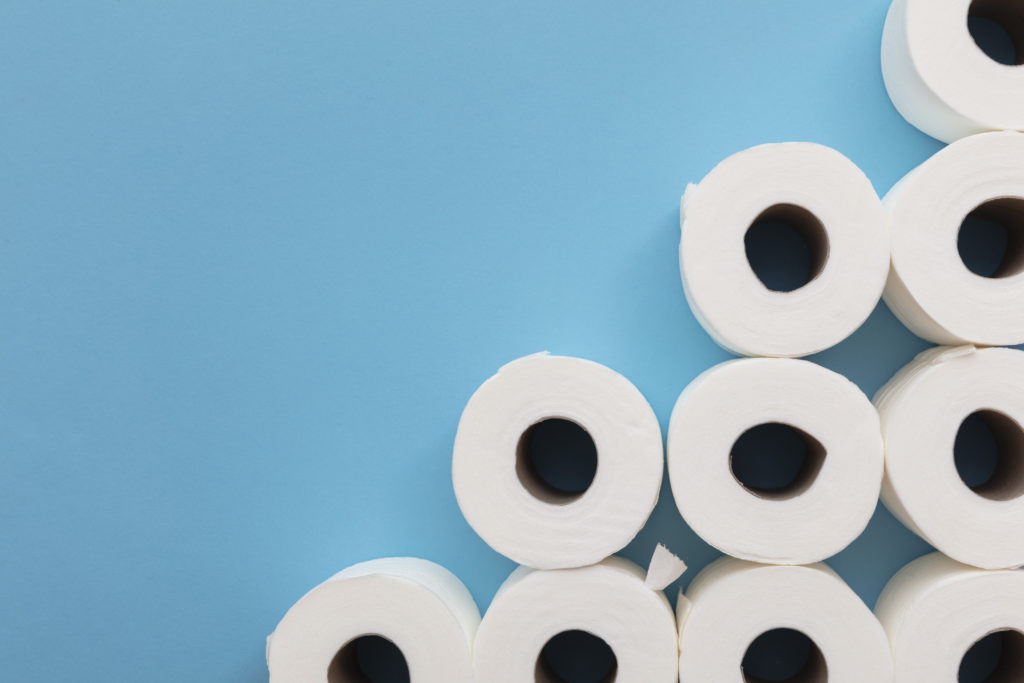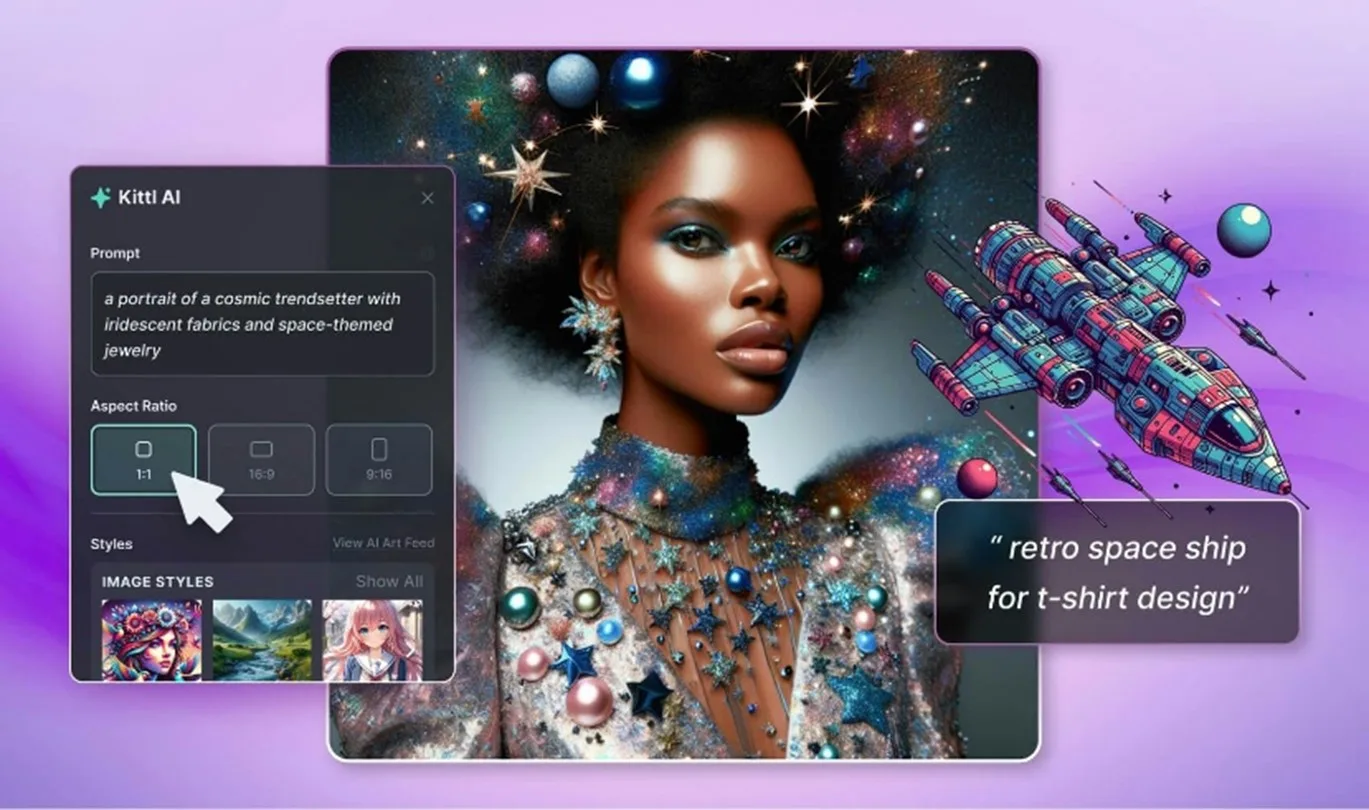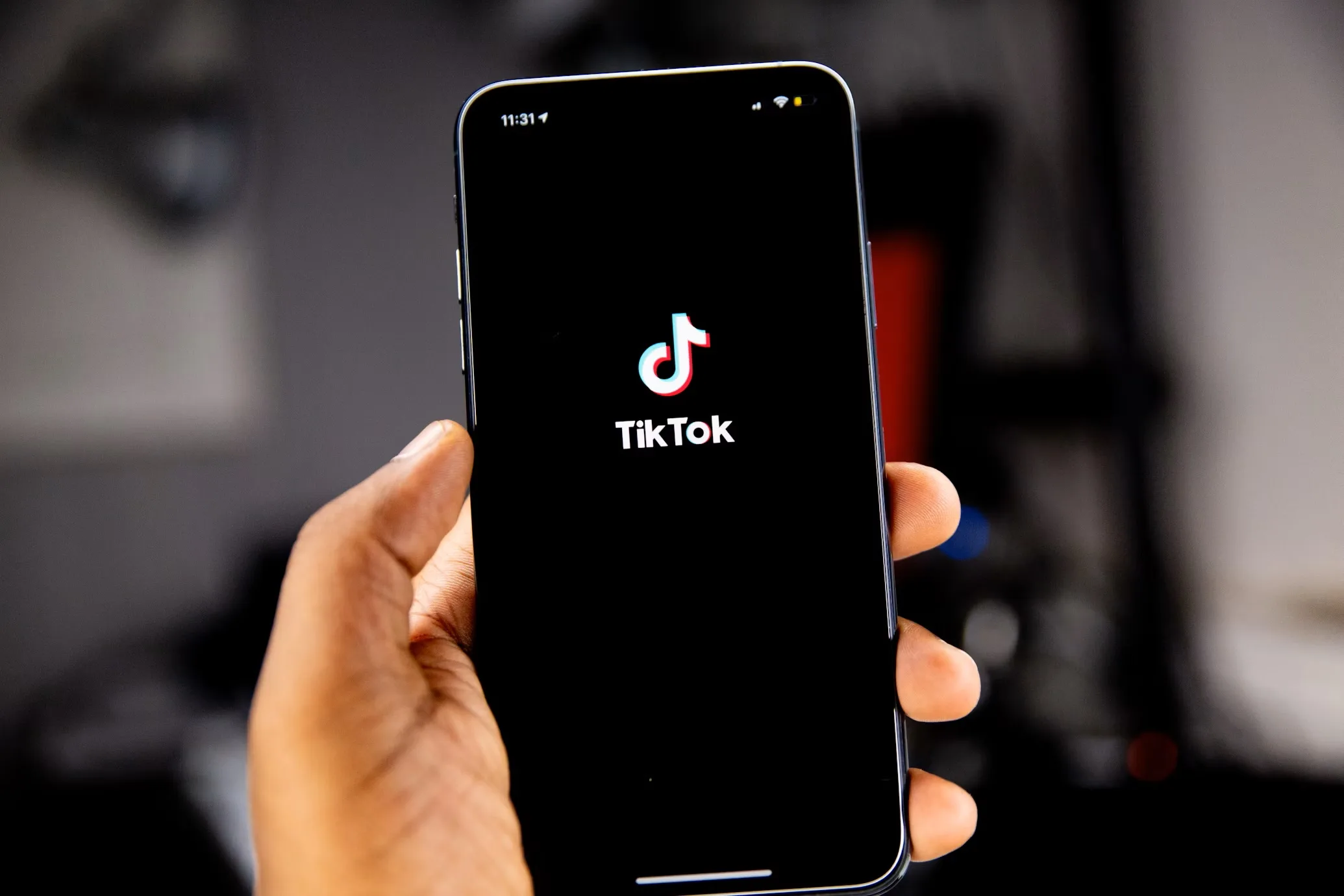
We’ve already seen a large shift in typical consumer
behaviour as a result of the global pandemic COVID-19. Consumers are
bulk-buying food and toilet roll, there’s been an increase in low contact
commerce with several takeaway chains offering a ‘contactless delivery’ as the standard
and we’re being urged to practice social distancing. This new wave of consumer
behaviour places brands firmly in unchartered territory as to how they should
respond to the current world crisis.
In light of the challenging times the world is currently
experiencing, a report
by Ipsos discusses the impact of Coronavirus and consumer behaviour change,
and what this means for brands as a result.
This drastic change into the unknown means that brands have
lost their autonomy. We’re so familiar with ‘business as usual’ that our
entrenched behaviours become more automatic, which allows for a more simplified
decision-making process. In times of extreme uncertainty and instability,
‘business as usual’ is no longer an option and brands can’t adhere to their
familiar patterns and behaviours. This shifts us from a “solid” decision-making
process, to a “fluid” one.
According to Ipsos, how we navigate in a fluid time can no
longer depend on automatic behaviours, as they may reflect a mastery of a past
that no longer exists.
The report explains that within these unstable environments,
there is a role for brands to play, however, this must be carefully considered.
So far, we have seen brands show comradery during this time of uncertainty and
panic to make it clear they are there to help add value to consumers’ lives and
adapt to the new social norms and behaviours.
Before more recent announcements that cafes, bars and restaurants
must close, Pret was offering free hot drinks to all NHS staff and 50% off
food. Healthy fast-food brand Leon was offering NHS workers 50% off and free
food deliveries to hospitals.
Self-made brand ‘The Body Coach’ created by Joe Wicks used
his popularity on social media to encourage the nation’s children to take part
in PE lessons every weekday morning in light of school closures. With the first
session gaining a massive 806,000 households tuning in, it’s clear to see the
increased need and desire for brands to add value to consumers’ lives.
The Ipsos report provides some key take-outs for brands
looking to adapt to the shifting content and support consumer behavioural change:

Navigating the fast-paced media landscape requires a dedication to innovation and a deep grasp of industry trends. At the heart of this transformation is Artificial Intelligence (AI), a total game-changer reshaping how we handle tasks and workflows. If the thought of this new ‘co-worker’ freaks you out as much as… Read more

We’ve delved into the minds of some of the biggest brand innovators around to uncover their secrets of success and inspiration. Brands aren’t just threads in life’s fabric; they’re engines of inspiration. Behind these brands are some of the world’s most influential leaders, driving change and innovation. That’s why we’ve… Read more

It’s no secret that we’re currently living through the age of social media, where platforms such as TikTok have become more than just entertainment hubs with viral dances and comedic skits — but now a powerful marketing influence that’s totally shaping consumer behaviours and trends, particularly in world of grocery… Read more